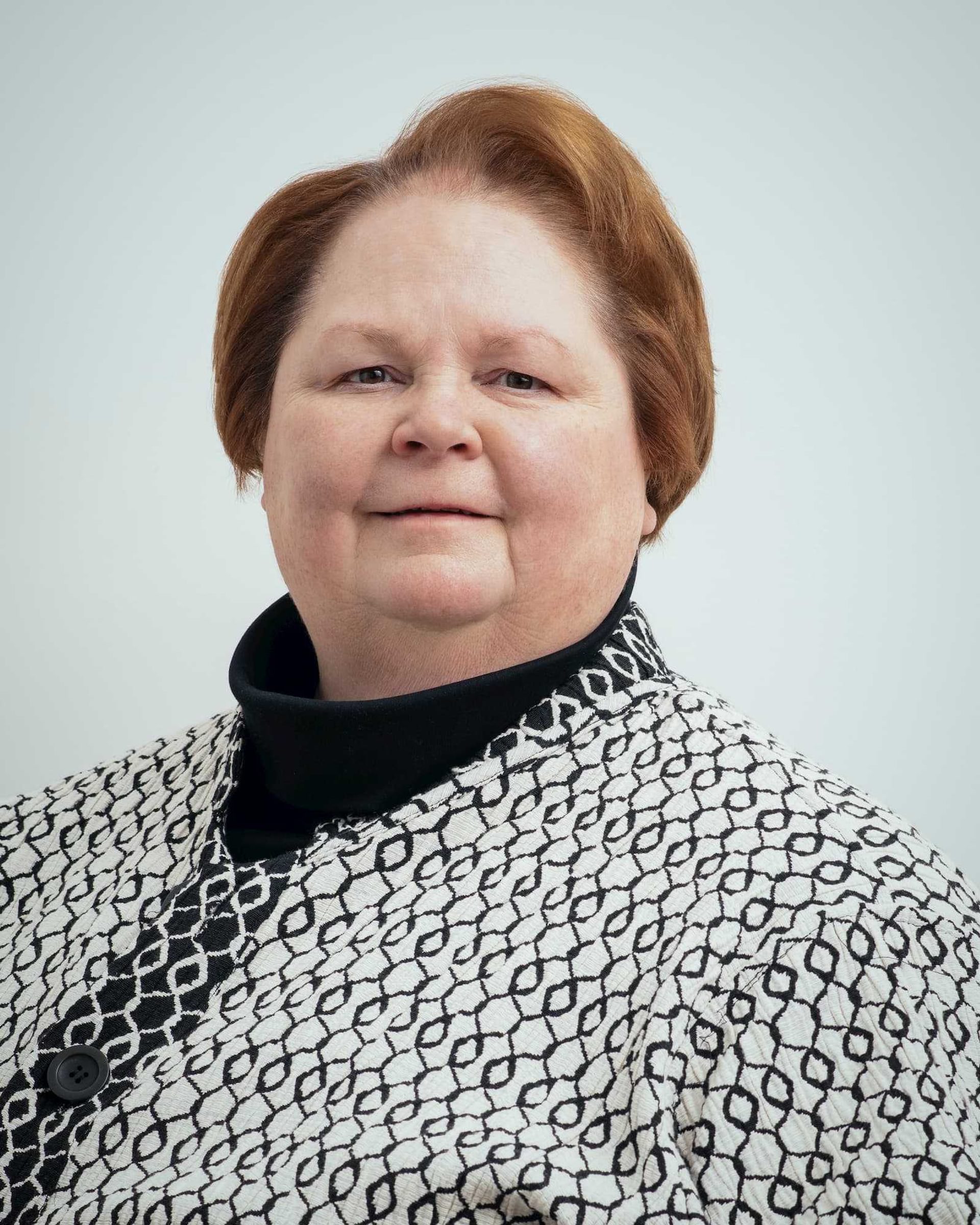School Law Update: U.S. Supreme Court Changes Understanding of IDEA Exhaustion
February 27, 2017
For 30 years, the education community has understood that the “exhaustion” provision of the Individuals with Disabilities Education Act (IDEA) meant that when a parent or student claims that their rights under the Americans with Disabilities Act (ADA) or Section 504 have been violated, if relief is also available under IDEA, they must first exhaust IDEA’s administrative due process hearing and appeal procedures before filing a lawsuit in court. The United States Supreme Court has now unanimously and significantly narrowed the interpretation of IDEA’s exhaustion provision in Fry v. Napoleon Community Schools, decided February 22, 2017.
Parents of a child with severe cerebral palsy wanted to send their daughter’s service dog with her to school. The school refused, saying a human aide could perform the assistive functions for which the service dog was trained. The parents withdrew their child and homeschooled her while they pursued a complaint of disability discrimination under Section 504 with the U.S. Department of Education’s Office for Civil Rights. The agency ruled in favor of the parents, but fearing resentment and retaliation, they enrolled their child in a different school district that welcomed the service dog rather than send her back to Napoleon’s schools. Parents then filed suit in federal district court claiming their child’s rights under Section 504 and the ADA had been violated. The district court dismissed the suit based on IDEA’s exhaustion provision, and the court of appeals affirmed that dismissal. The parents appealed to the Supreme Court.
Until the Fry decision, if the harm alleged in a lawsuit was considered “educational,” most courts required the claimants to first exhaust IDEA’s administrative procedures. The Supreme Court has now ruled that exhaustion is only required if the “gravamen” or significant substance of the complaint seeks relief for denial of a free appropriate public education (FAPE). To decide that issue, the Court will not rely on whether specific terms like FAPE or IEP are used, because artful pleading could allow a complainant to evade exhaustion. Instead, the Court poses two questions to be answered by reviewing the language of the complaint:
“First, could the plaintiff have brought essentially the same claim if the alleged conduct had occurred at a public facility that was not a school – say, a public theater or library?
And second, could an adult at the school – say, an employee or visitor – have pressed essentially the same grievance?”
If the answers are “yes,” the Court says it is unlikely that the case is truly about denial of FAPE, so the IDEA exhaustion requirement would not apply.
However, the Court also acknowledges that one can look to the history of the dispute. If a parent initiated the IDEA administrative procedures, but changed course midstream before full exhaustion, the Supreme Court says that a court could examine the facts to decide whether it was just “strategic calculations about how to maximize the prospects” of a desired remedy, or a “late-acquired awareness that the school had fulfilled its FAPE obligations and that the grievance involves something else entirely.”
The Court left unresolved a question that is likely to arise in future cases, specifically, how to treat a case where the claim is a denial of FAPE, but the relief sought is money damages – which are not available under IDEA.
Lisa E. Pizza, Spengler Nathanson P.L.L., 419-252-6227, lpizza@snlaw.com
